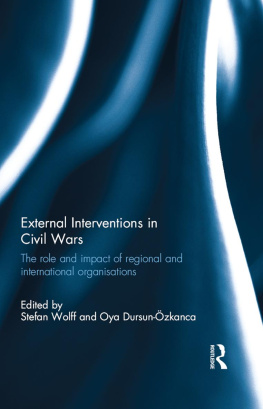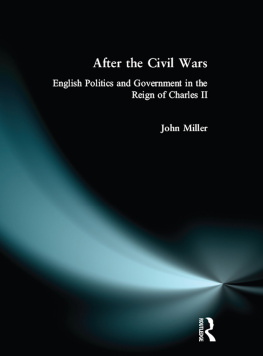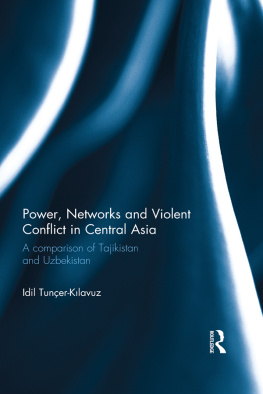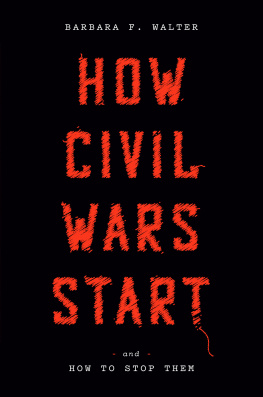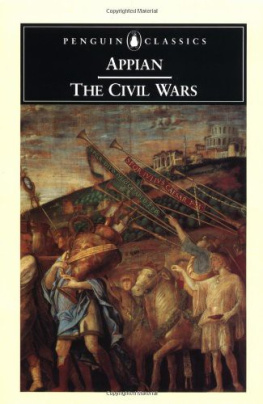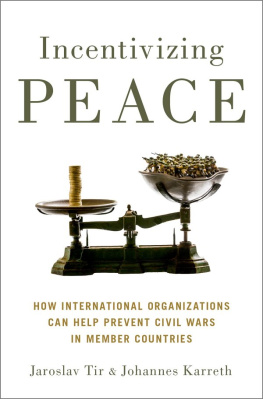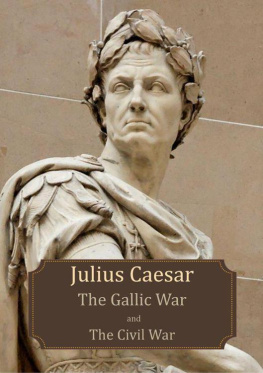Jack S. Levy - Causes of War
Here you can read online Jack S. Levy - Causes of War full text of the book (entire story) in english for free. Download pdf and epub, get meaning, cover and reviews about this ebook. year: 2010, publisher: Wiley-Blackwell, genre: Politics. Description of the work, (preface) as well as reviews are available. Best literature library LitArk.com created for fans of good reading and offers a wide selection of genres:
Romance novel
Science fiction
Adventure
Detective
Science
History
Home and family
Prose
Art
Politics
Computer
Non-fiction
Religion
Business
Children
Humor
Choose a favorite category and find really read worthwhile books. Enjoy immersion in the world of imagination, feel the emotions of the characters or learn something new for yourself, make an fascinating discovery.

- Book:Causes of War
- Author:
- Publisher:Wiley-Blackwell
- Genre:
- Year:2010
- Rating:3 / 5
- Favourites:Add to favourites
- Your mark:
- 60
- 1
- 2
- 3
- 4
- 5
Causes of War: summary, description and annotation
We offer to read an annotation, description, summary or preface (depends on what the author of the book "Causes of War" wrote himself). If you haven't found the necessary information about the book — write in the comments, we will try to find it.
Causes of War — read online for free the complete book (whole text) full work
Below is the text of the book, divided by pages. System saving the place of the last page read, allows you to conveniently read the book "Causes of War" online for free, without having to search again every time where you left off. Put a bookmark, and you can go to the page where you finished reading at any time.
Font size:
Interval:
Bookmark:
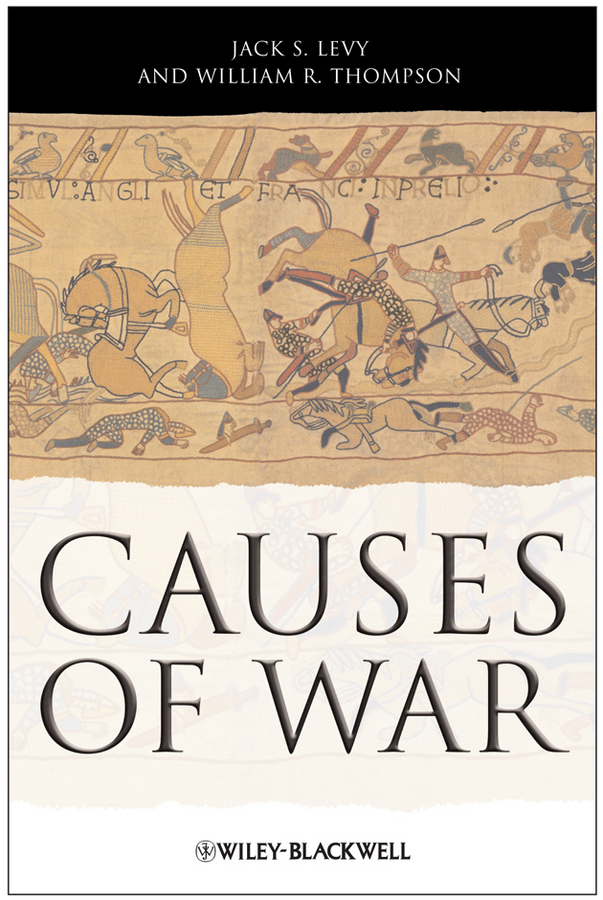

This edition first published 2010
2010 Jack S. Levy and William R. Thompson
Blackwell Publishing was acquired by John Wiley & Sons in February 2007. Blackwells publishing program has been merged with Wileys global Scientific, Technical, and Medical business to form Wiley-Blackwell.
Registered Office
John Wiley & Sons Ltd, The Atrium, Southern Gate, Chichester, West Sussex, PO19 8SQ,
United Kingdom
Editorial Offices
350 Main Street, Malden, MA 021485020, USA
9600 Garsington Road, Oxford, OX4 2DQ, UK
The Atrium, Southern Gate, Chichester, West Sussex, PO19 8SQ, UK
For details of our global editorial offices, for customer services, and for information about how to apply for permission to reuse the copyright material in this book please see our website at www.wiley.com/wiley-blackwell.
The right of Jack S. Levy and William R. Thompson to be identified as the authors of this work has been asserted in accordance with the UK Copyright, Designs and Patents Act 1988.
All rights reserved. No part of this publication may be reproduced, stored in a retrieval system, or transmitted, in any form or by any means, electronic, mechanical, photocopying, recording or otherwise, except as permitted by the UK Copyright, Designs and Patents Act 1988, without the prior permission of the publisher.
Wiley also publishes its books in a variety of electronic formats. Some content that appears in print may not be available in electronic books.
Designations used by companies to distinguish their products are often claimed as trademarks. All brand names and product names used in this book are trade names, service marks, trademarks or registered trademarks of their respective owners. The publisher is not associated with any product or vendor mentioned in this book. This publication is designed to provide accurate and authoritative information in regard to the subject matter covered. It is sold on the understanding that the publisher is not engaged in rendering professional services. If professional advice or other expert assistance is required, the services of a competent professional should be sought.
Library of Congress Cataloging-in-Publication Data
Levy, Jack S., 1948
Causes of war/Jack S. Levy and William R. Thompson.
p. cm.
Includes bibliographical references and index.
ISBN 978-1-4051-7560-9 (hardcover: alk. paper)ISBN 978-1-4051-7559-3 (pbk.: alk. paper)
1. WarCauses. 2. International relations. I. Thompson, William R. II. Title.
JZ6385.L48 2010
355.027dc22
2009030166
To students of war everywhere
Contents
Acknowledgments
A number of people provided valuable feedback at various phases of this project, and we want to acknowledge our appreciation. Five anonymous reviewers provided helpful comments on our initial proposal. Tim Knievel read the entire manuscript and offered detailed suggestions for improvements in both substance and style. Kim Marten gave us insightful comments on chapter 1 and provided additional feedback on questions arising in later chapters.
We also want to thank the people at Wiley-Blackwell for making this book a reality. Nick Bellorini, the Senior Commissioning Editor for Philosophy and Politics, provided the initial encouragement. Liz Cremona, the Senior Production Editor, supervised all phases of the project and kept the process running smoothly. Paul Stringer did a nice job of copyediting, and then flawlessly incorporated our last-minute changes into the final product. We thank them all for their patience in dealing with us throughout the process.
The authors would also like to thank each other for tolerating each others idiosyncrasies without escalating to warfare.
Introduction to the Study of War
War has been a persistent pattern of interaction between and within states and other political units for millennia. In its many varieties, it is probably the most destructive form of human behavior. War kills people, destroys resources, retards economic development, ruins environments, spreads disease, expands governments, militarizes societies, reshapes cultures, disrupts families, and traumatizes people. Preparation for war, whether for conquest or for protection, diverts valued resources from more constructive social activities, and it often undermines security rather than enhances it.
War also has a profound impact on the evolution of world politics and the behavior of states. Over the years it has been one of the primary mechanisms for change in the world system, through its impact on both the distribution of military power and wealth and the structure of the world economy. War also has a profound impact on the institutional structures and cultures of states, and it has played a key role in the birth and death of many states. We cannot understand the development of the modern nation-state system four or five centuries ago, or of earlier or more recent states, in the absence of patterns of warfare. As Tilly (1975:42) argued, war made the state, and the state made war.
It is hard to imagine what life would have been like in the late twentieth century in the absence of World War I and World War II, which had such profound effects on the global system and on domestic societies. The same can be said for the Cold War. For nearly a half century it shaped both international and domestic politics and cultures, not only in the United States and the Soviet Union but also in Western Europe and the Third World (Weart, 1989). The development of new states in the contemporary era continues to be influenced by warfare and preparations for war. With the proliferation of nuclear weapons, and with the threat of the acquisition of nuclear weapons by terrorist groups and rogue states, new threats to the security of even the most powerful states in the system have emerged.
The proliferation of civil wars and conflicts involving non-state actors has changed life throughout the developing world. A better understanding of the causes of war is a necessary first step if we are to have any hope of reducing the occurrence of war and perhaps mitigating its severity and consequences.
The unquestioned importance of war as a social phenomenon has led scholars, journalists, and others to devote enormous amounts of intellectual energy in attempt to better understand the nature of war and its causes. Ever since Thucydides (1996) wrote his History of the Peloponnesian War over 2,400 years ago in an attempt to explain the great war between Athens and Sparta (431404 BCE), scholars from a wide range of disciplinesphilosophy, history, political science, theology, anthropology, sociology, psychology, economics, mathematics, biology, literature, and othershave engaged the questions of what causes war and how humankind might eliminate war or at least bring it under greater control. Their efforts have led to a proliferation of theories but to no consensus as to the causes of war or of other forms of social violence.
Scholars disagree not only on the specific causes of war, but also on how to approach the study of war. It is not surprising that there are divisions between scholars in different countries (Wver, 1998) and in different disciplinesthat psychologists generally emphasize psychological factors, that economists emphasize economic factors, that anthropologists emphasize cultural factors, and so on. We also find enormous differences within each discipline. Scholars debate not only what the causes of war are, but also what theoretical approaches and methodologies are best suited to identifying those causes. The only consensus that seems to be emerging is that the question of the causes of war is enormously complex, although a minority of scholars question even that. Scholarly debate goes on, but the scourge of war continues.
Next pageFont size:
Interval:
Bookmark:
Similar books «Causes of War»
Look at similar books to Causes of War. We have selected literature similar in name and meaning in the hope of providing readers with more options to find new, interesting, not yet read works.
Discussion, reviews of the book Causes of War and just readers' own opinions. Leave your comments, write what you think about the work, its meaning or the main characters. Specify what exactly you liked and what you didn't like, and why you think so.

